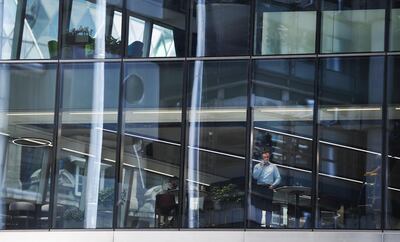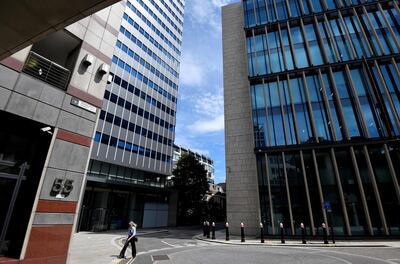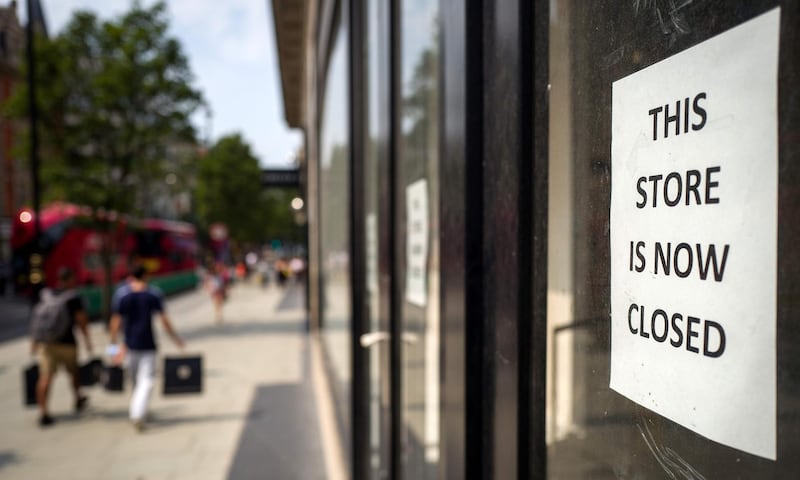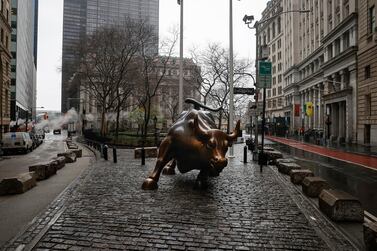Governments around the world are urging workers to get back to their offices to help support an economic revival following months of restrictions related to Covid-19. They hope to get business back to normal. However, corporate bosses seem to have a different view and are embracing what they say is the new normal of working from home or remotely.
The world’s major cities, including New York and London, have only a fraction of their normal workforces back in their offices, and the picture doesn’t look like it is changing soon, despite the efforts of political leaders. Initially, staying away from the office was about health and safety amid the pandemic. Now it seems to be more about the benefits that can be reaped from more staff working remotely even after the crisis eases.

A global survey published this month by accountancy firm PwC finds that 78 per cent of CEOs expect remote working to be a permanent fixture. PwC UK expects the majority of its own 22,000 staff to embrace “a blend of office and home working”. Rival KPMG put out a survey indicating that 69 per cent of executives are planning to cut their office space in the short term as a result of the shift.
Major technology firms like Amazon, Facebook and Google have put in place remote-working protocols until the end of the year and beyond into the next one. It isn’t just the tech sector, though. German fashion brand Hugo Boss says it will only require staff to work in the office three days a week. Financial institutions such as BlackRock, the world’s largest asset manager, are allowing employees across the world to work remotely for the remainder of 2020.
British asset manager Schroders, which will allow thousands of staff to work from home permanently, said, “in the space of a few months, we have made 20 years progress in attitudes towards flexible working, and we are going to continue with this momentum.
“We believe re-thinking the rulebook on flexibility will ultimately prove a huge shot in the arm for Schroders’ productivity in the long term, while also highlighting Schroders as a forward-thinking employer of choice.”
Little, though, is being said about the dangerous disconnect between the priorities of large corporations and those of big governments. Naturally, governments are thinking of the wider economy and the ecosystems and livelihoods connected to commercial and financial centres like the City of London. Companies have a narrower view: what benefits them.
KPMG, for example, has said that working from home means a larger pool of potential employees from which it can recruit. There will also be the attraction of lowering the overheads associated with running a large office in a major city.

Before the financial crisis more than a decade ago, this kind of myopia would perhaps be understandable but in 2020, it feels jarring that companies could still make such policy decisions without proper concern for the huge consequences on the communities around them.
Not very long ago, the choice of Amazon’s next office location was the subject of a bidding war among cities keen to reap the benefits of its large and wealthy workforce. There is an irony, then, that Amazon has told staff that they should work from home until early next year, if they are able to do so. In its home town of Seattle, at least, Amazon is offering $10 million in financial assistance to businesses affected by the absence of its staff. But there is not a lot of self-awareness elsewhere, as one company after another talks about its new-age attitudes to remote working in self-congratulatory tones.
Meanwhile, the impact of their decisions on the retail, transport, health, leisure, hospitality and social services sectors – who will have fewer office workers to cater to – is barely mentioned, if at all.
How will the jobs in these support sectors be sustained? Governments are keen to avoid having to find out, but up to now most have done little to prevent companies setting their own policies and timelines. In fairness, governments are stretched fighting Covid-19 and arresting a recession.
But in this vacuum, the seeds of another crisis are being sown.
Social and financial divides are at risk of being made much more stark if office workers go home and those left behind are left unemployed. When less of them are needed, what happens to the people staffing shops, cleaning buildings, running metro stations and working in other jobs that require you to be in a particular location? Who is looking out for all of those people right now? Who is advocating for their futures?
The natural ebbs and flows of a transitioning economy are not quick enough to catch those people who pay the price for such change. We have seen the backlash from the rush to automation and globalisation and the erosion of the manufacturing base in many countries. It helped a surge in populism, nationalism and political polarisation at state level. What social upheaval should we expect if the ecosystems of city centres disappear almost overnight? It is frightening to consider.
Large corporations seemingly are not considering this, and are almost at their own Marie Antoinette-like moment. Instead of them saying “let them eat cake” to those who have lost their jobs, they will be urging them to just work from home. Except not everyone can, and perhaps in the future very few will wish to. There are, after all, many who cannot – whether due to financial or other considerations – provide themselves with an environment from which they can work successfully from home, even if they are encouraged to.
The concept of remote working had a period of popularity some fifteen years ago, before becoming less fashionable by about 2015. While we try to work out if this time it is a more permanent change or just as temporary as earlier trends, we must be aware of the irreversible damage being done to people’s lives.
Mustafa Alrawi is an assistant editor-in-chief at The National






